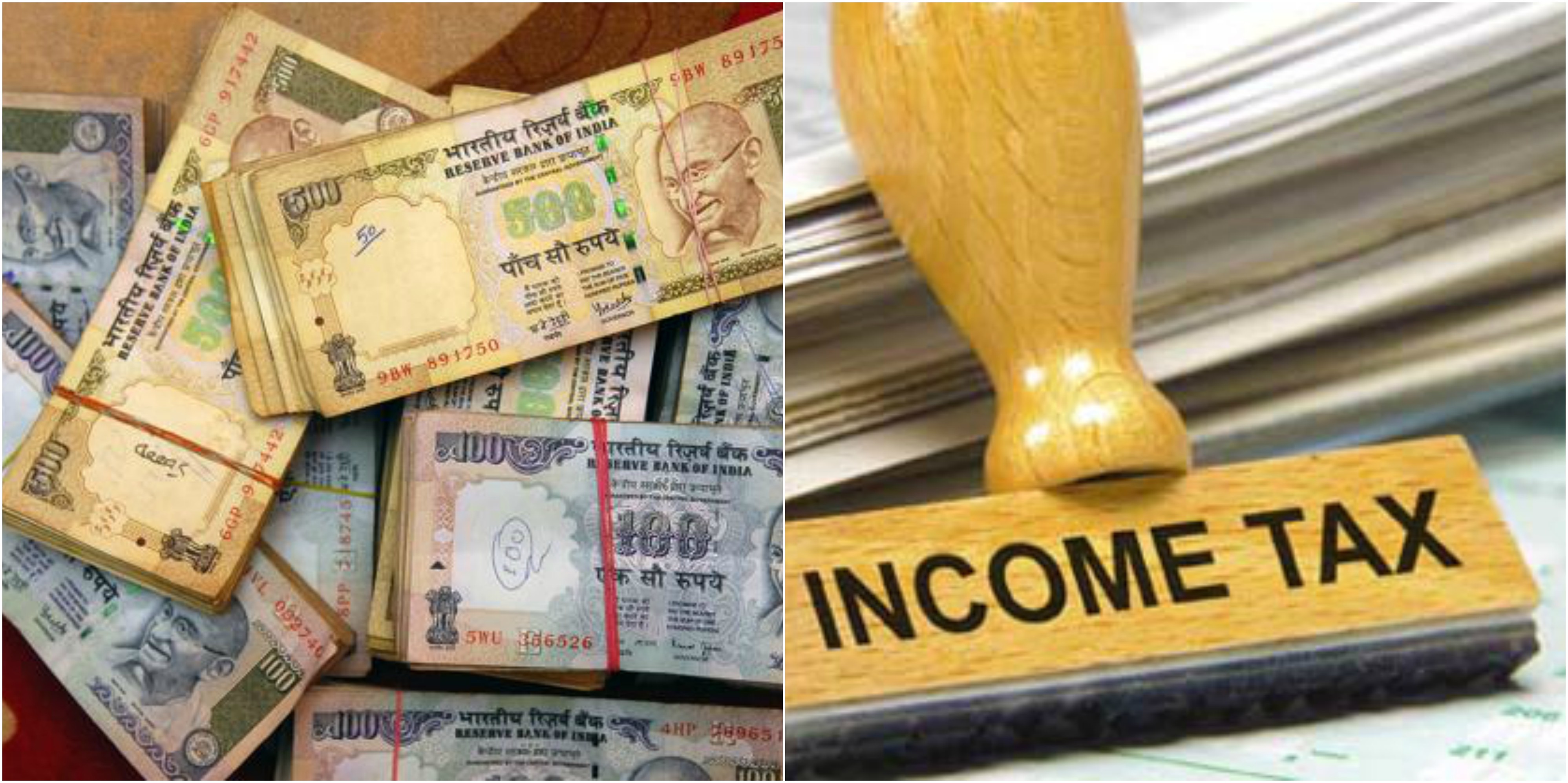

High Value Cash Transactions: Ban Not the Solution
Ever since the Bharatiya Janata Party led NDA government came to power in 2014, controlling the flow of black money was one of the governments main agenda. The Supreme Court appointed Special Investigation Team(SIT) on Black Money headed by retired Supreme Court judge M.B.Shah in its fifth report recommended that any transaction exceeding Rs 300000/- in cash will be illegal and a punishable offence.By Sampriti Sarkar
First publised on 2016-07-19 06:23:10
Most of the transactions involving black money are carried out in cash. So, discouraging deals involving transactions in cash and encouraging other form of payments is one way to reduce the generation of black money. The SIT believes that a huge amount of unaccounted wealth in India is stored and used in form of cash. For this reason, SIT felt a need to put an upper limit on cash transactions.
The government has been moving in this direction. From June 1, all cash purchase of material and services above Rs 2 lakhs require PAN to be quoted mandatorily. Further, there will be a 1% Tax Collected at Source (TCS) on these transactions, which will have to be collected by the seller and deposited with the government. If the buyer does not disclose the transaction, he will lose the TCS and might even attract a notice from the IT department. This is in addition to several other transactions which require quoting of PAN if done in cash over Rs 50000.
However, India is heavily cash dependent. The Cash-to-GDP ratio for India is around 12%, whereas globally on an average it ranges from 2.5%-8%. The RBI spends around $3.5billion in currency operation costs annually. Moreover, recent trends reveal that currency circulation has increased. Among the other reasons, the most important reason for this huge cash dependence is the unorganised sector of India which contributes to more than half of Indias GDP. Most of the transactions in the informal sector are carried out in cash.
The presence of a huge parallel economy (more than 60% of GDP) is one of the reasons for cash dependence. Also, in the agricultural sector which employs half the population of the country, most transactions are small and carried out in cash. Banquets and catering services during weddings and other social functions involve cash payments on a huge scale. The real estate sector and purchase of luxury items like gold, fancy cars and even upmarket branded shoes, bags and watches, for example, and travel and hotel payments, also involve cash payments.
Recent development shows increase in use of other modes of payments like credit cards and electric mode of payments. The government has taken steps to make India a cashless economy. While that might be a distant dream, steps such as 1% TCS on cash transactions over Rs 2 lakh are good to ensure that these transactions do not escape the tax net. Ultimately, the need is to ensure proper reporting of transactions and collection of tax, rather than restrict commerce through banning cash transactions. Hence, imposition of penalties on high value cash transactions might be a better idea to restrict or prevent such transactions rather than a blanket ban.











